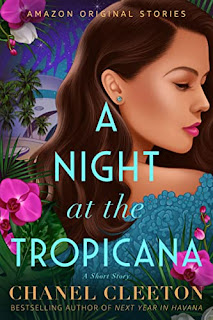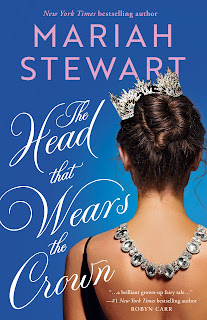The Happy Couple by Naoise Dolan
Edition published November 2023 via Ecco
★★★★
It's inevitable, their marriage: Celine and Luke have dated and moved in together, they've gotten engaged (maybe more accidentally than intentionally, but who's counting), and they're counting down to the wedding.
Except...
Celine has some doubts. Celine's sister Phoebe has some doubts. Luke's friend Archie has some doubts. And Luke has some doubts.
I read Dolan's Exciting Times for the Sally Rooney comp, but with The Happy Couple I had a better idea of what I was getting into. The Happy Couple is heavily character-driven, and these are—unsurprisingly—not characters prone to drama...or at least, they're not prone to outward drama. They're prone to understatement and a stiff upper lip.
The more marginalised an artist's identity, muses Luke, the more we assume they're trying to teach their audience a lesson (loc. 1999*). Celine's directness and missing of social clues—things that Celine knows very clearly about herself—made me wonder, initially, how much of Celine was built on Dolan's own experience (Celine is not labeled as such, but Dolan has talked publicly about being autistic, and some of Celine's traits are consistent with my understanding of autism). But then: this is fiction, not memoir, and would I be wondering the same thing had I not read Dolan's Goodreads bio?
Many of the characters here occupy a grey space between likeable and unlikeable. Likeable, until the POV character shifts over to make room for someone else, and we see them through the next person's eyes. Or sometimes likeable, until they turn with steely-eyed clarity to assess themselves. It's hard to be sure who or what to root for at times (Phoebe, certainly). But if you don't mind that grey area, or a close focus on the character, it's really satisfying to read a book in which the characters understand themselves well enough, but the people around them even better.
Thanks to the author and publisher for providing a review copy through NetGalley.
*Quotes are from an ARC and may not be final.






























